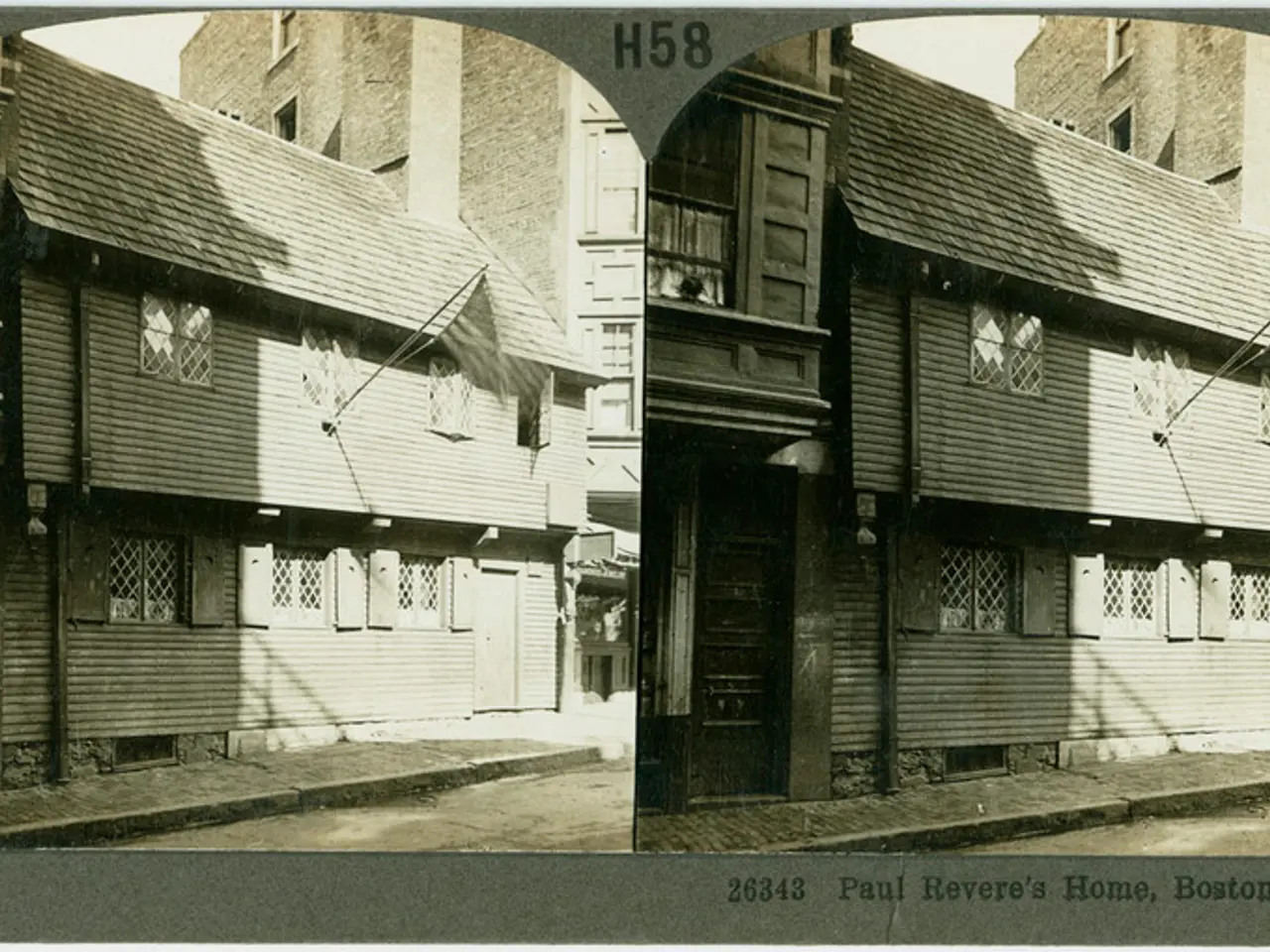Restructure strategy for Würzburg laid out
In the heart of Bavaria, the city of Würzburg has embarked on an ambitious mission to transform its municipal properties and pave the way for a sustainable future. The city's detailed energy renovation plan, supported by the German Energy Agency (dena), aims to make Würzburg's administration climate-neutral by 2028 and achieve city-wide climate neutrality by 2040.
The plan prioritizes the 20 buildings with the highest energy consumption, using heat pumps and photovoltaic systems to replace fossil energy carriers and improving insulation for more sustainable building operation. This comprehensive approach is expected to result in significant long-term energy and cost savings, with estimates suggesting that the measures could save around one million euros per year in operating costs.
The energy renovation of Würzburg's municipal properties is underway, with a focus on reducing CO2 emissions in public buildings. The city is relying on this energy renovation roadmap to ensure the success of the project despite tight budgets. To facilitate the necessary investments, different funding pots are available, including for building renovation with a focus on insulation, for the exchange of old oil and gas heating systems, for the installation of heat pumps, for photovoltaic systems, or for the conversion to renewable heat networks.
The project in Würzburg could pay for itself in about 33 years with the savings from the energy renovation plan. The current dena study emphasizes the crucial role of cities and municipalities in transforming the building stock. In fact, the dena study suggests an additional investment of 120 billion euros is necessary for the renovation of public non-residential buildings by 2045.
The "worst first" principle is being applied in the selection of buildings for energy renovation, focusing on those with the highest energy consumption first. The energy renovation plan includes so-called quick wins, which enable short-term energy savings with low effort and costs. Improved insulation is a key component of the plan, aimed at making building operation more sustainable.
The energy renovation plan includes details on the CO2 savings potential, investment costs, and payback times for each measure. The project in Würzburg could serve as a blueprint for other municipalities seeking systematic optimization. With tax incentives such as special depreciation allowances available, the city is offering attractive opportunities for investors.
According to dena, the renovation rate and depth of public non-residential buildings need to be significantly increased by 2045. The current dena study for public buildings highlights Würzburg's energy renovation plan as a promising example of how cities can lead the way in transforming their building stock. The roadmap, developed with the help of consulting firm Drees & Sommer SE, outlines approximately 200 measures for the first 20 public buildings.
As Würzburg embarks on this journey towards a sustainable future, the city's energy renovation plan offers a beacon of hope for a greener, more energy-efficient tomorrow. With its focus on reducing CO2 emissions, increasing energy efficiency, and promoting the use of renewable energy sources, Würzburg's energy renovation plan is a testament to the city's commitment to a more sustainable future.
Read also:
- Understanding Hemorrhagic Gastroenteritis: Key Facts
- Stopping Osteoporosis Treatment: Timeline Considerations
- Tobacco industry's suggested changes on a legislative modification are disregarded by health journalists
- Expanded Community Health Involvement by CK Birla Hospitals, Jaipur, Maintained Through Consistent Outreach Programs Across Rajasthan








